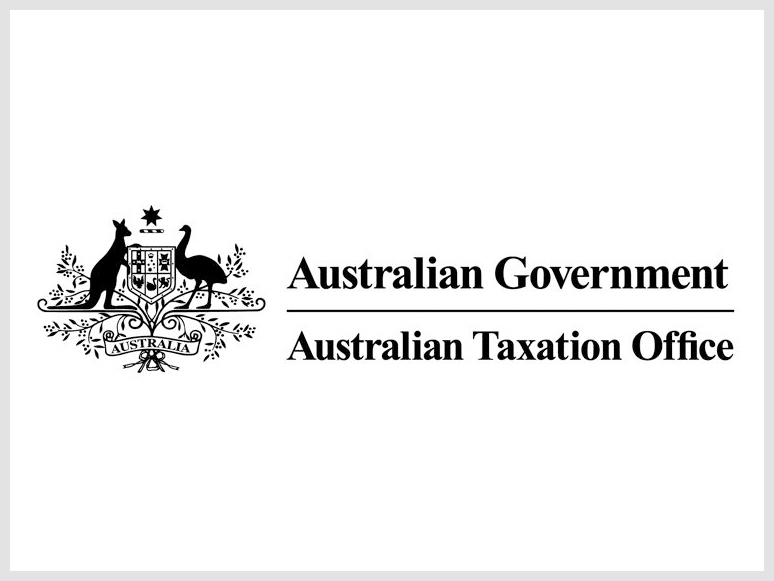logo


11th Apr, 2020

A series of administrative measures to assist businesses experiencing financial difficulty as a result of the COVID-19 pandemic has been announced by the ATO. These include deferring the payment date and amounts due on Business Activity Statements (BASs), income tax assessments, FBT assessments and excise by up to four months. Businesses will also be allowed to change payment and reporting cycles for GST and vary PAYG instalment amounts. Any interest or penalties applied to tax liabilities incurred after 23 January 2020 may be remitted.
The measures that will apply are similar to those for taxpayers affected by the recent Australian bushfires. However, one important point of difference is that while the bushfire measures applied automatically to particular geographical areas, assistance for those impacted by COVID-19 will not be automatically implemented. Taxpayers who have been affected will need to contact the ATO to discuss their situation in order to come up with a tailored support plan.
The ATO has also clarified that emergency accommodation, food, transport, medical or other assistance provided by employers to employees affected by COVID-19 may be exempt from FBT, depending on the circumstances. However, employers will still need to meet their ongoing super guarantee obligations for their employees. The ATO says that by law, it cannot vary the contribution due date or waive the superannuation guarantee charge where super guarantee payments are late or unpaid.
11th Apr, 2020

The ATO’s COVID-19 frequently asked questions (FAQ) is a resource tool for people and businesses in the community who need clarifications in relation to impacts from the COVID-19 pandemic. The FAQ is broken into common questions for individuals, employers, businesses (including internationals) and self managed superannuation funds (SMSFs).
Common questions centre around issues relating to the nationwide shutdown – late or deferring payment obligations; deductibles from working from home; residence status due to travel restrictions; GST and FBT impacts from cancellations; and SMSF losses and strategies.
11th Apr, 2020

Victims of the recent natural disasters beware: there is an SMS scam circulating that purports to give you “a bonus” on your 2020 tax return. The scam urges victims to start the process by filling out a form and provides a link to a what looks like the genuine myGov website. According to the ATO, this is a classic case of scammers impersonating the ATO in an effort to collect personal information including names, birth dates, addresses, emails, phone numbers and online banking login details.
Once this information is obtained, scammers can use it to commit identify theft, including porting your phone, accessing your bank account, obtaining a loan in your name, lodging tax returns, stealing your superannuation and committing other types of fraud, or they could on-sell the information to others who may commit these offences.
If you receive a call from someone saying they are from the ATO but you aren’t sure, the best course of action is to hang up and call the ATO back on the appropriate number listed on its website, or to call your tax agent directly on their listed number to seek advice. While the ATO does send SMS messages and emails and calls taxpayers, it’s important to remember that the ATO will never:
If you’ve fallen victim to this or other tax-related scams, don’t be ashamed, but contact the ATO as quickly as possible. The sooner you notify the ATO, the better the outcome is likely to be.
11th Apr, 2020

The ATO has advised that it has extended and expanded its pilot program which offers an independent review service to eligible small businesses disputing income tax related audits. The pilot will continue until 31 December 2020.
The independent review is conducted by an officer from the ATO’s Review and Dispute Resolution business line. This officer will not have been involved in the audit and will bring an independent “fresh set of eyes” to the review. The independent reviewer will consider the documents setting out the taxpayer’s position and the ATO audit position. They will schedule a case conference with the taxpayer and the ATO audit officer generally within one month of receiving the taxpayer’s review request. The case conference is an opportunity for all parties to assist the independent reviewer with understanding the facts and contentions.
The audit case officer will contact a taxpayer if it is eligible for an independent review. A written offer of independent review will also be included in the audit finalisation letter.
11th Apr, 2020

An amnesty is now on for employers in relation to unpaid employee superannuation entitlements from 1 July 1992 to 1 January 2018. There are certain conditions which have to be met for employers to qualify. The amnesty will allow employers to self-correct super guarantee (SG) underpayments without incurring additional penalties that would normally apply.
During the amnesty period, employers can also claim a tax deduction for payments of SG charge or contributions. The amnesty will end on 7 September 2020, at which time the ATO is set to take a tougher stance on SG underpayments.
To qualify, employers must first disclose the super guarantee shortfall to the ATO in the approved form between 24 May 2018 and 7 September 2020. The shortfall must not have been previously disclosed to the Commissioner, however, additional amounts of SG shortfalls disclosed during the amnesty period may be subject to beneficial treatment.
10th Mar, 2020

Australian tax residents are taxed in Australia on their worldwide income. While most do the right thing and declare all their income, some people and businesses try to avoid paying tax by exploiting secrecy provisions and information-sharing gaps between countries.
A recent coordinated effort by the Joint Chiefs of Global Tax Enforcement (J5) has yielded evidence of tax evasion by Australians. The J5 consists of the tax and revenue agencies of Australia, the United Kingdom, the United States, Canada and the Netherlands and was initially formed in 2018 to fight global tax evasion. The countries share intelligence on international tax crime as well as money laundering.
According to the ATO, several hundred Australians are suspected of participating in arrangements with an international financial institution in Central America whose products and services are believed to be facilitating worldwide money laundering and tax evasion. Multiple investigations are currently under way, and anyone with information about the scheme or other similar arrangements is encouraged to contact the ATO.
The ATO has a network of international tax treaties and information exchange agreements with over 100 jurisdictions. In recent years over 2,500 exchanges of information have occurred, enabling the ATO to identify unpaid tax amounts totalling $1 billion.